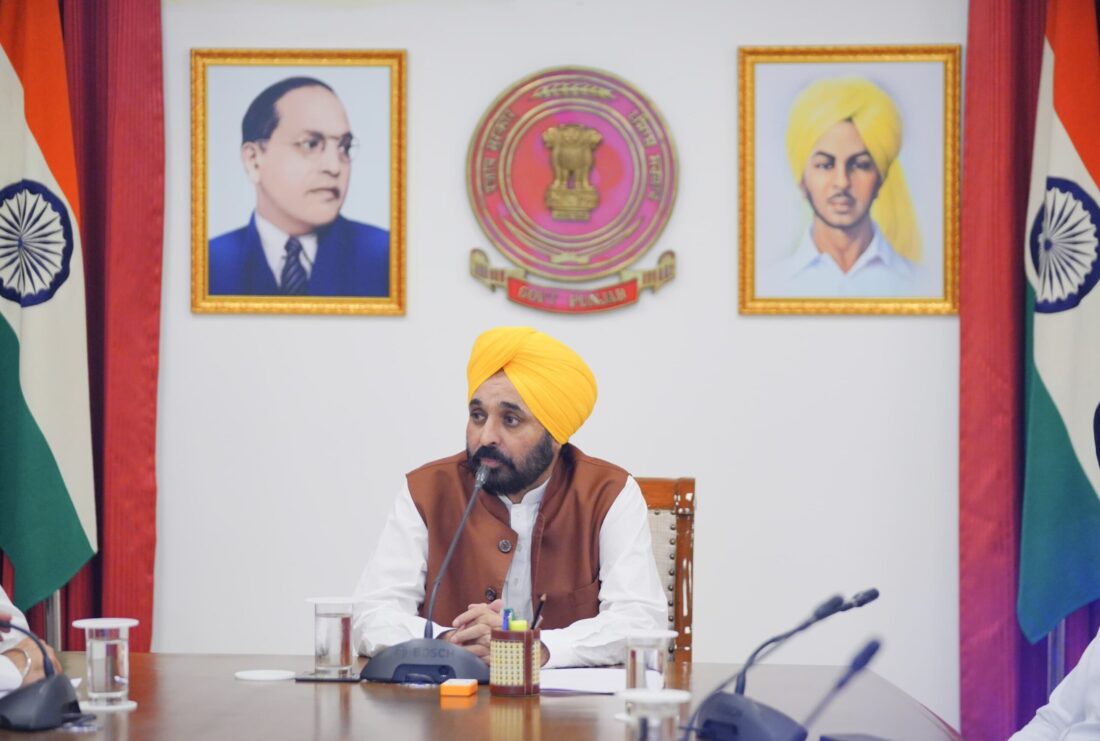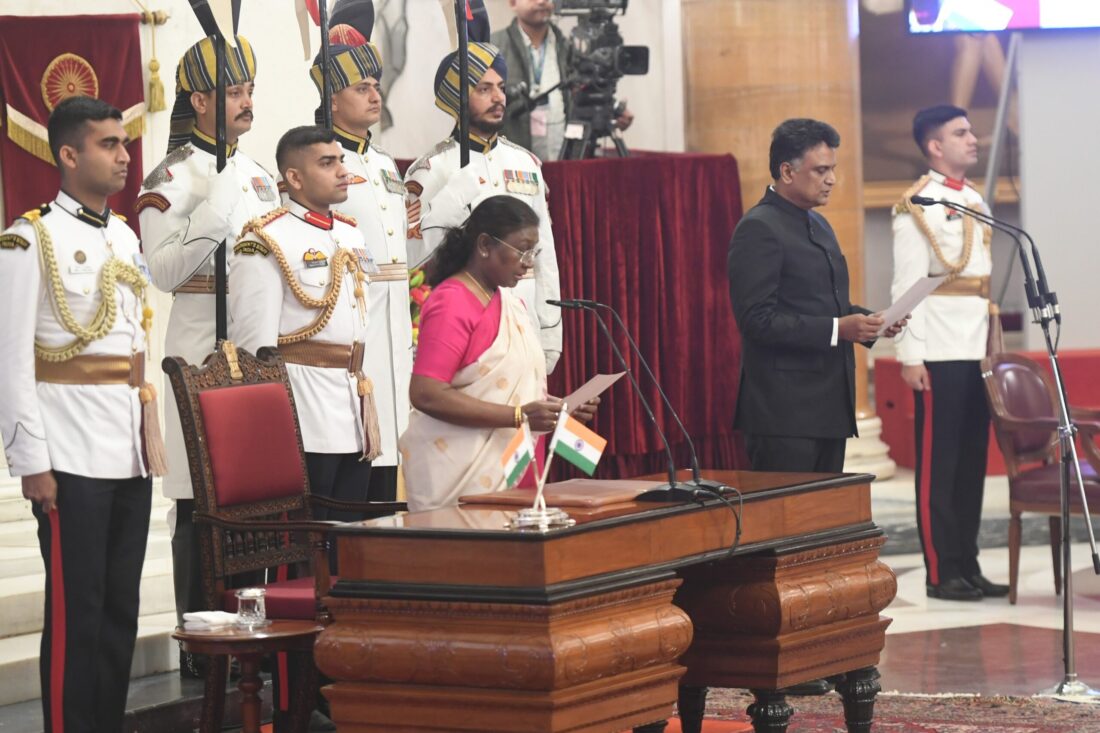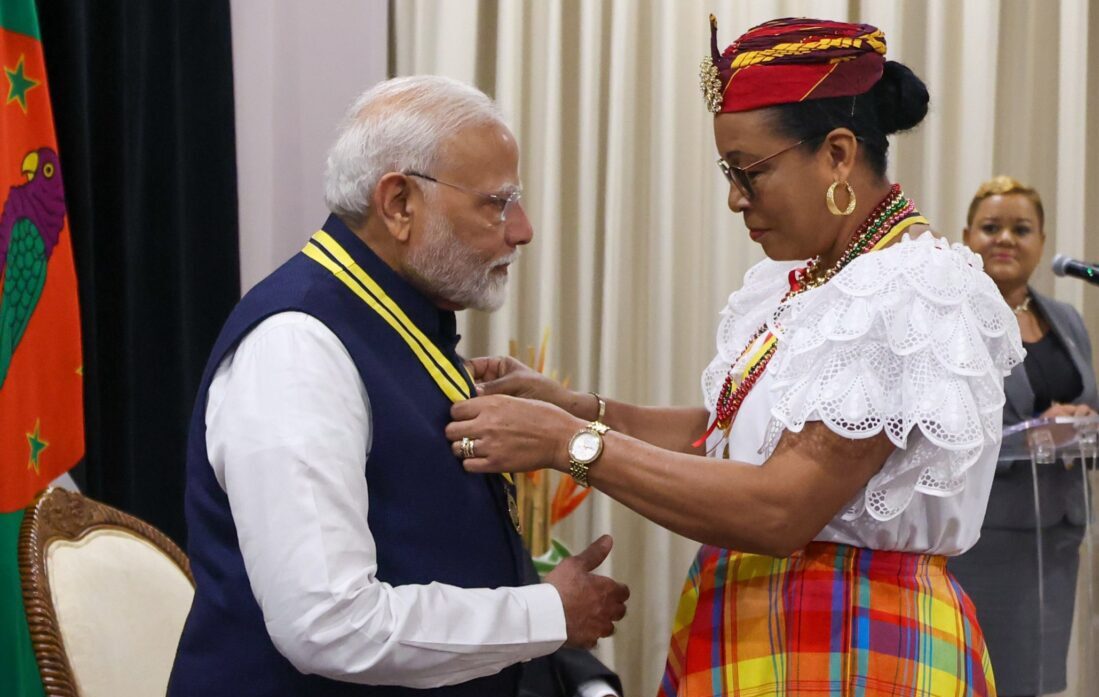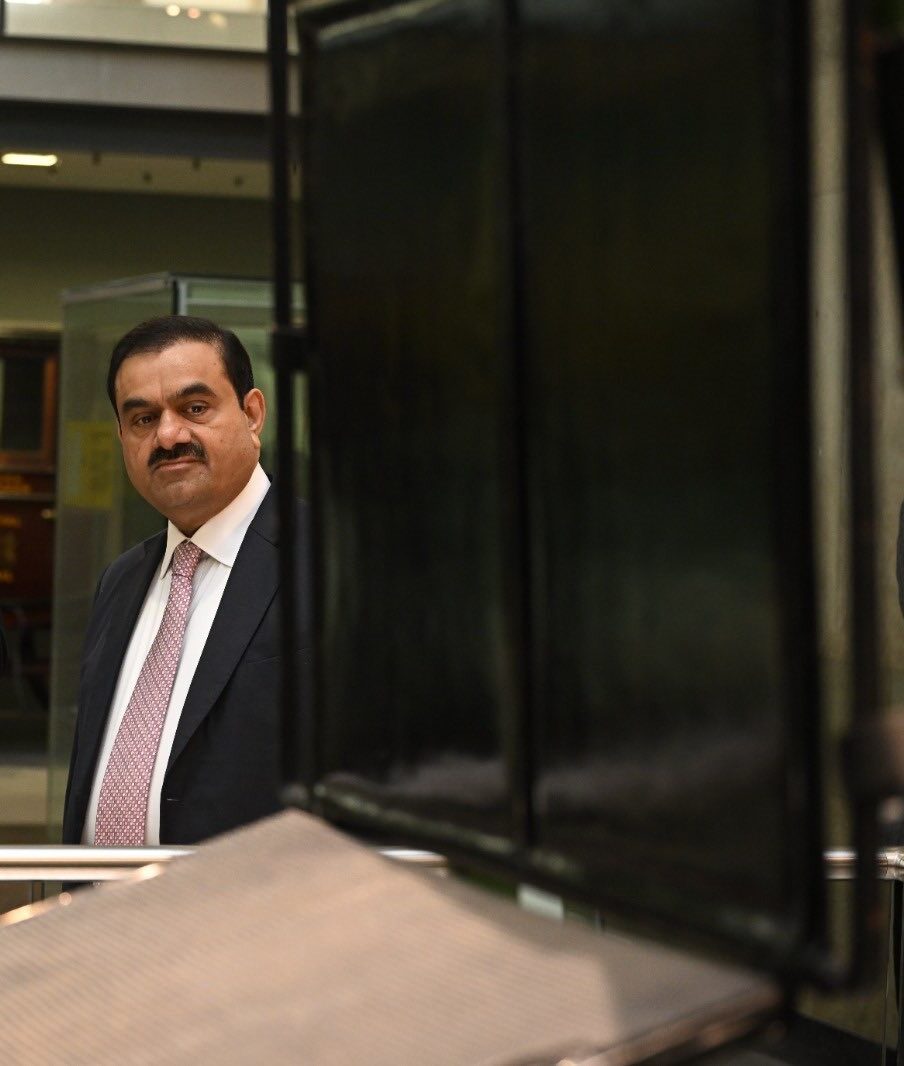North News
Chandigarh, November 7
The Punjab government, under the leadership of Chief Minister Bhagwant Singh Mann, is committed to the effective implementation of the Punjab Dispute Resolution and Litigation Policy 2020, which aims to address the growing backlog of cases in courts and ensure timely resolution of disputes involving the state. The government emphasized that the policy, which adopts a multi-pronged approach, will prioritize resolving issues involving the government, public sector undertakings, statutory bodies, and other state-related entities.
A spokesperson for the Punjab government outlined that the policy’s primary objective is to reduce the number of new disputes brought to court, while also expediting the resolution of ongoing litigation. It recognizes that state entities are often parties in a large proportion of cases and highlights the need for the government to minimize litigation through administrative resolutions and alternative dispute mechanisms. The state will work to resolve disputes before they reach court and encourage departments to adopt such alternatives when possible.
The policy also aims to reduce unwarranted litigation, particularly in cases where financial implications are under ₹2 lakh, unless significant legal or policy questions are at stake. Furthermore, the policy outlines measures to ensure that appeals, applications, and written statements are submitted on time, avoiding delays due to procedural issues. Action will be taken against officials who are negligent in adhering to these timelines.
Departments are also encouraged to handle matters such as pension claims, retirement benefits, and similar issues efficiently, ensuring that decisions are made within a set timeframe. The policy also stresses the importance of resolving matters that do not set legal precedents and limits appeals in cases concerning trivial grievances.
The government will appoint a Departmental Nodal Officer for litigation in each department, ensuring better management of cases and facilitating active case monitoring. In addition, district-level and state-level litigation committees will be formed to further streamline the litigation process and enhance coordination.
Arbitration, as an alternative dispute resolution method, will be promoted where appropriate, with a focus on keeping the process cost-effective, timely, and fair.
















